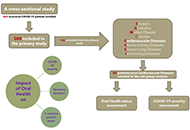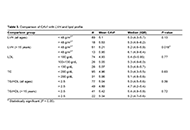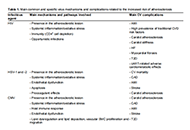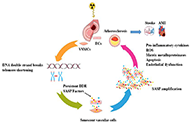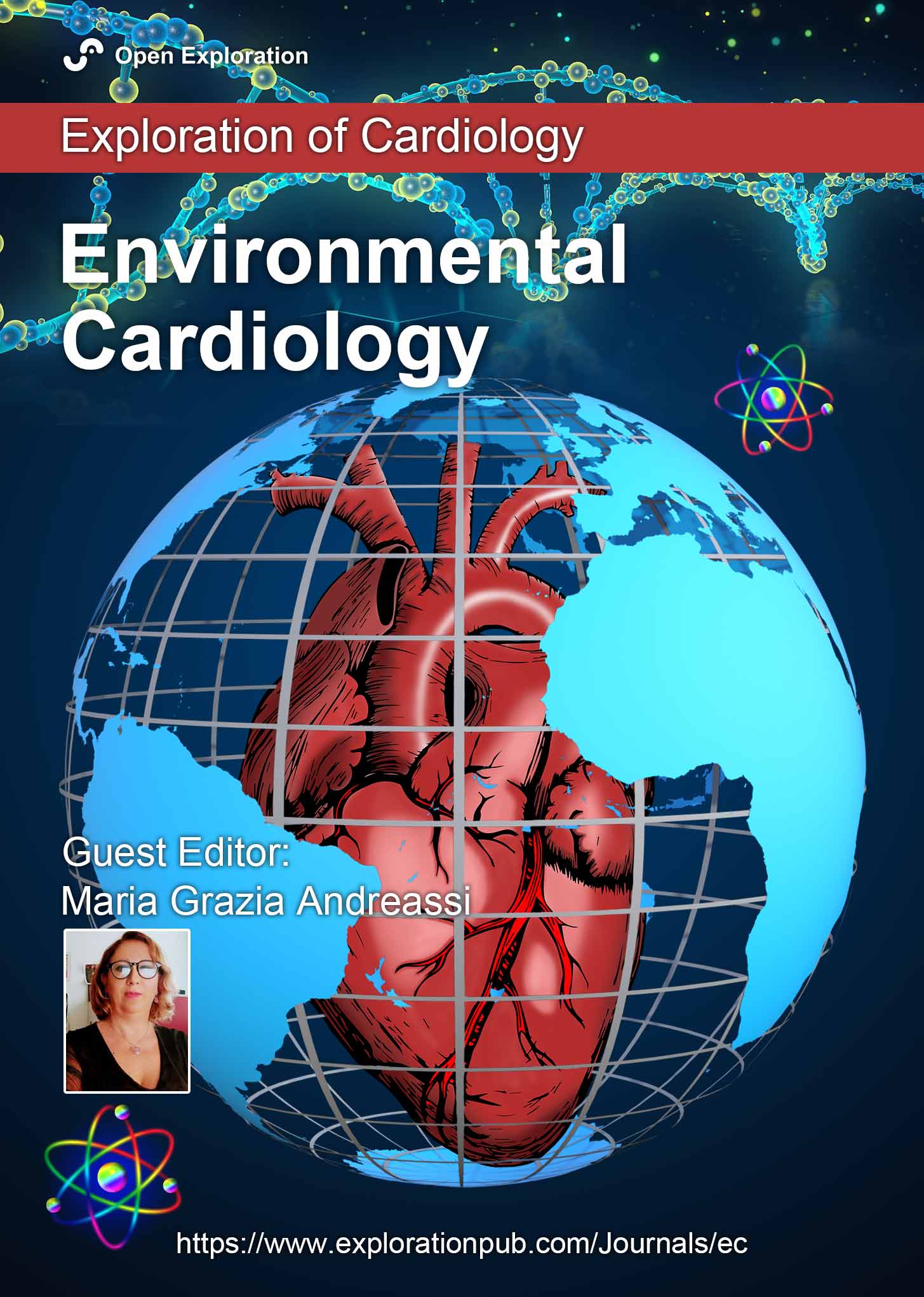
Environmental Cardiology
Guest Editor
Maria Grazia Andreassi E-Mail
Research Director of CNR Institute of Clinical Physiology, Pisa, Italy
Research Keywords: genetics; molecular epidemiology; congenital heart disease; atherosclerosis; medical ionizing radiation
About the Special lssue
Recent research has shown the association between environmental exposures and a wide range of congenital and acquired heart diseases. However, the impact of environmental exposures (air pollution, ionizing radiation, and other environmental toxicants) remains underestimated in cardiovascular research. Additionally, knowledge about the underlying mechanisms through which environmental toxicants induce cardiac diseases is limited.
This Special Issue welcomes contributions in the form of original research articles and high-quality reviews on any aspect of this topic, including basic science or clinical approaches, to present the most updated and comprehensive discoveries in the field of Environmental Cardiology.
The broad focus of the issue provides an excellent opportunity to enhance our understanding of the association between environmental stressors and the global burden of heart diseases.
Topics of interest for this special issue may include (but are not limited to) the following:
lClinical impact of environmental exposures on the cardiovascular system
lMechanistic effects of environmental toxicants in heart disorders
lGene-environment interactions
lBiomarkers of exposure and effects
lEnvironmental "-omics" data (transcriptomics, epigenomics, metabolomics)
lHealth impact assessments
Keywords: Environmental cardiology, acquired heart diseases, environmental exposures, heart disorders, gene-environment interaction
Published Articles
